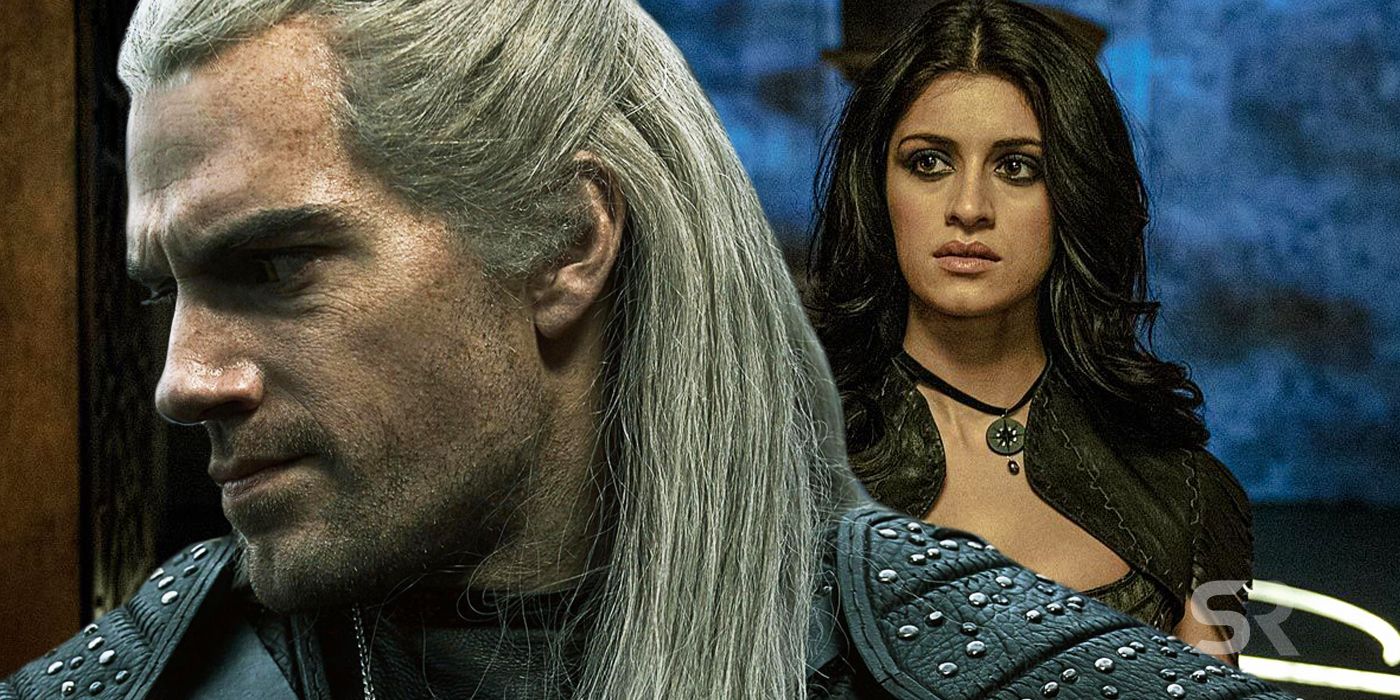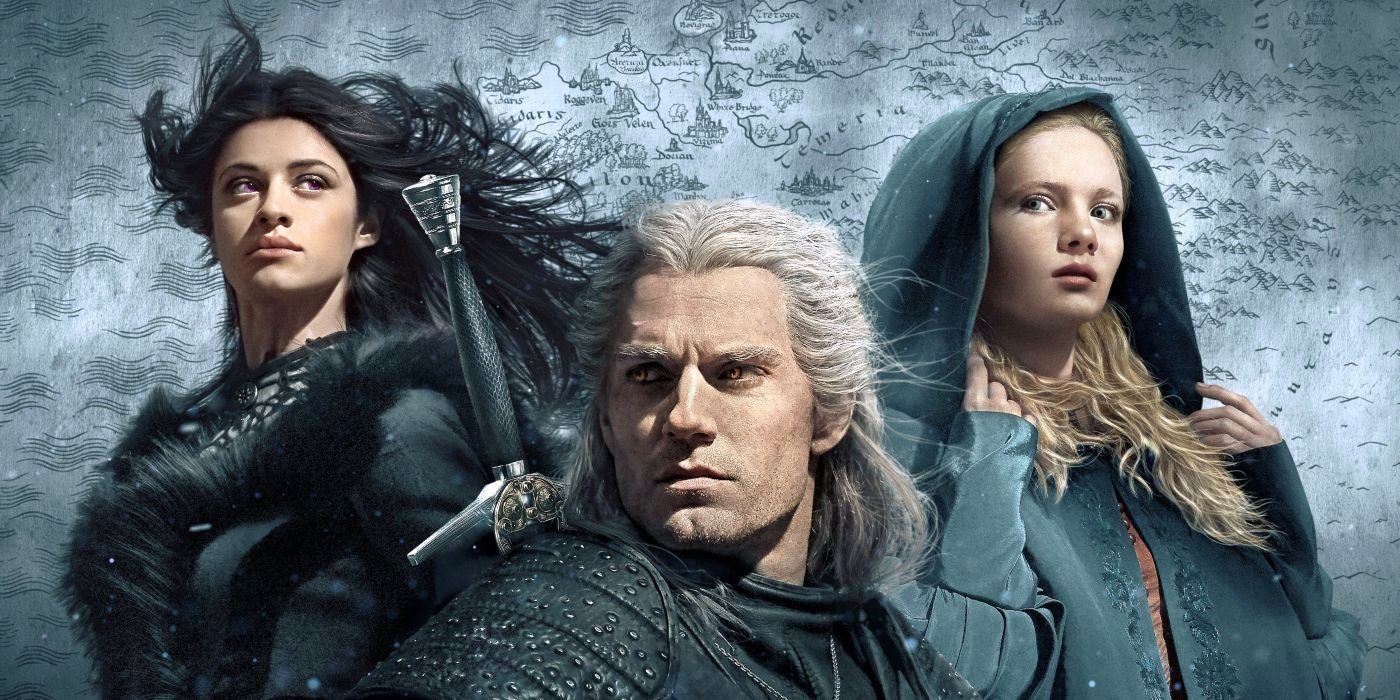The world of The Witcher is full of mythical creatures and characters that are unique to it, including many languages, the most important one being the Elder Speech. Based on the book series of the same name by Andrzej Sapkowski, The Witcher was released on Netflix in December 2019 and was a big hit, becoming one of the most viewed series on the platform and it might be Netflix’s biggest first TV season ever. The team behind The Witcher knew what they had, as did Netflix, as the series was renewed for a second season even before the first one was out.
The Witcher follows Geralt of Rivia (Henry Cavill), an enhanced monster hunter known as “witcher”; Yennefer of Vengerberg (Anya Chalotra), a powerful sorceress; and Ciri (Freya Allan), the crown princess of Cintra. The series explored their stories separately and in different time settings, with their paths eventually converging towards the end of season 1. This non-linear narrative was confusing to some viewers, but that didn’t stop The Witcher from becoming a success. Like many other fantasy worlds, the universe of The Witcher is very rich, and there’s a lot to explore and learn in future seasons. For example: its many languages.
Sapkowski created different languages as part of the world of The Witcher, though only one made it to the Netflix series (for now, at least). Here’s what you need to know about the Elder Speech.
The Witcher: How The Elder Speech Came To Be
The lingua franca in The Witcher is Common Speech, used by the human inhabitants of the Northern part of the Continent, but there are many languages used by different species and communities. Hen Ilinge, or Elder Speech, comes from the Laith aen Undod, roughly translated as One Speech, a language used by the Aen Seidhe (elves who inhabit the Continent) and Aen Elle elves (those who inhabit another world and are culturally distinct from the Aen Seidhe). The Elder Speech is the language of the Aen Seidhe but it’s not exclusive to them as mages and scholars also speak it, and sung versions of it are used by sirens, dryads, and nereids. Dialects like Nilfgaardian, Skellige, and Zerrikanian derive from it, so it’s easy to see why it was important to bring Elder Speech into The Witcher TV series.
Sapkowski used the Celtic languages of Wales, Ireland, and Scotland as base for the Elder Speech, with some influences from “popular” languages like German and English, and borrowing a couple of elements from Italian and Latin. In order to bring Elder Speech to the series, David J. Peterson (creator of the Dothraki language in Game of Thrones) recreated it as a fully developed constructed language, though that meant having to make some changes, such as the latinization of it in order to reflect the intended pronunciation. It’s not easy to create a new language, let alone one that sounds believable, but the combined efforts of Sapkowski and Peterson made the Elder Speech one that can be learned (to an extent), allowing fans to immerse themselves in the world of The Witcher.


